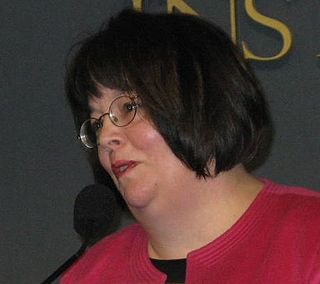A Quote by Princess Nokia
Music has empowered me through poverty, abuse, and mental-health issues.
Related Quotes
We need to start identifying the triggers that aggravate mental health issues in our society - bullying, social media negativity and anxiety, gender based violence, substance abuse, stigma around issues such as maternal issues, etc., and we need to speak up about these more and get to the source of the problems.
One of the issues I think is very important, in many communities of color, there's a stigma about mental health. We find that the shaming that comes from acknowledging that one may have some issues that may relate to mental health, often people are not willing to go and seek additional help because of that shaming or that cultural stigma that's associated with it. And I think that we need to make this change in how people approach mental health.
Mental strength is not the same as mental health. Just like someone with diabetes could still be physically strong, someone with depression can still be mentally strong. Many people with mental health issues are incredibly mentally strong. Anyone can make choices to build mental strength, regardless of whether they have a mental health issue.
One of the things we need to do is address mental health care as an integral part of primary care. People often aren't able to navigate a separate system, so you see successful models where a primary care physician is able to identify, diagnose, and concurrently help people get mental health treatment who have mental health issues.
There are whole states where people [with addiction or mental health issues] can't get to a doctor. If that were true of pancreatic cancer, if that were true of heart disease, if that were true of diabetes, we'd all understand that it made no sense at all. And yet we somehow approach mental health from a very different standard.
Where LGBT and mental health issues collide is over stigma. And stigma is society's problem not the problem of the LGBT or mental health community. What we have to deal with is the ignorance, fear and prejudice that blight the lives of those who have nothing wrong with them in any moral or transgressive sense. It is society that is ill.
When men and women fail to form stable marriages, the result is a vast
expansion of government attempts to cope with the terrible social needs that result.
There is scarcely a dollar that the state and federal government spends on social
programs that is not driven, in large part, by family fragmentation: crime, poverty,
drug abuse, teen pregnancy, school failure, mental and physical health problems.




































